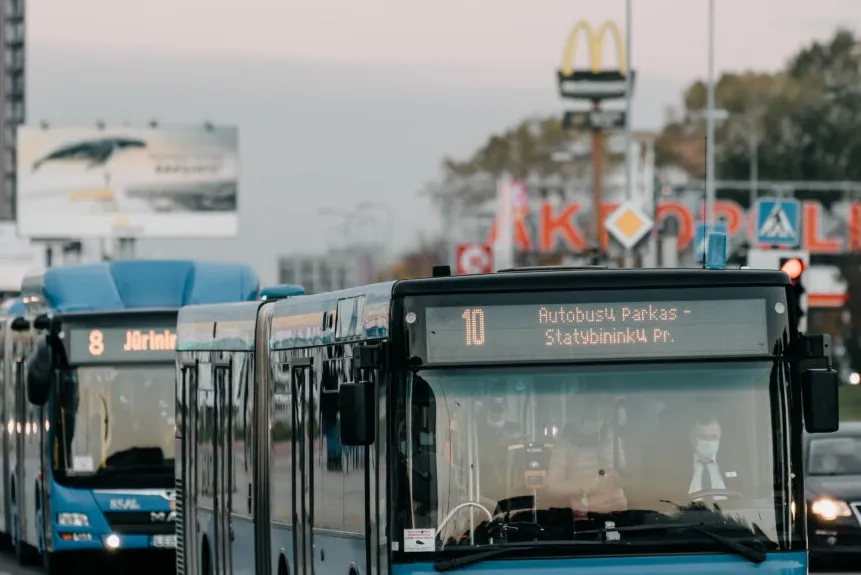The solution was selected following a competitive Europe-wide bid which began in January 2017 by KVB, the local transport operator for all transport operators within Rhein-Sieg Transport Authority, which is responsible for the Cologne and Bonn region.
CTS’s mobile ticketing solution and online shop is expected to be operational in early 2019.
Stefan Jacobs, managing director, CTS Deutschland GmbH, said: “Cubic is delighted to have been awarded this new mobile ticketing contract, which follows the region’s largest competitive tender in many years. This contract expands our presence in Germany beyond Frankfurt and we’re thrilled to work with KVB to deliver a fast, easy-to-use, mobile app-based system for customers in the Rhein-Sieg area.”
Peter Hofmann, KVB board member, said: “Together with Cubic, we want to take a step further towards a modern multimodal and digital mobility platform, both in Cologne and throughout the entire region. Environmentally friendly mobility should become increasingly attractive, simple and comfortable for our customers.”
Cubic wins mobile ticketing contract for Rhein-Sieg Region, Germany
Cubic Transportation Systems (CTS) has been awarded a mobile ticketing contract for Germany’s Rhein-Sieg area which includes Cologne, to enable customers to purchase tickets and manage their online accounts. It will support transport operator Kölner Verkehrs-Betriebe AG (KVB) is valued €920,000 (£819,000) for five years plus an estimated €600,000 (£534,000) in transaction fees.
November 24, 2017
Read time: 2 mins









